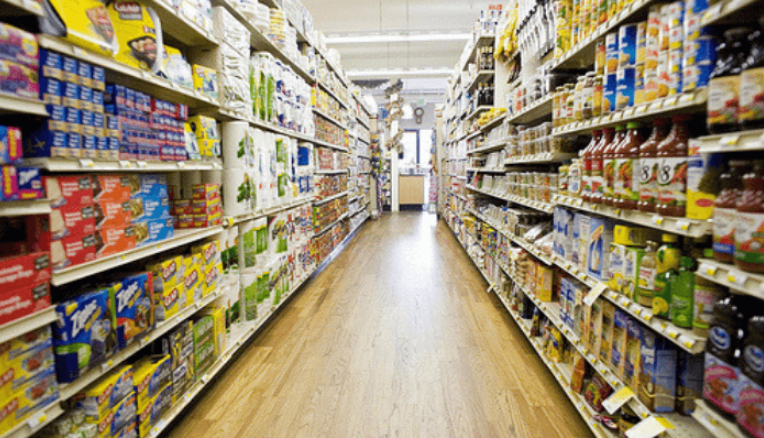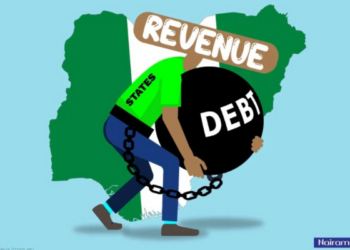The average retail price of 5kg of Liquefied Petroleum Gas (cooking gas) increased by 13.75% from N6,521.58 recorded in April 2024 to N7,418.45 in May 2024.
When compared with the price for May 2023, the retail price of 5kg cooking gas increased by 70.12% from N4,360.69 in May 2023 to the current figure.
This is according to the National Bureau of Statistics (NBS) LPG price watch for May 2023.
According to the report, Benue recorded the highest average price for refilling a 5kg cylinder of cooking gas at N8,012.03, followed by Enugu at N7,926.21 and Ondo at N7,857.53.
Conversely, Yobe had the lowest price at N5,842.31, with Jigawa and Katsina following at N6,521.81 and N6,567.95, respectively.
Additionally, an analysis by zone showed that the South-East had the highest average retail price for refilling a 5kg cylinder of Liquefied Petroleum Gas at N7,680.87, followed by the South-West at N6,593.93.
At the same time, the North-East recorded the lowest at N7,071.84.
Decline in cost of 12.5kg cooking gas
The average retail price for refilling a 12.5kg cylinder of Liquefied Petroleum Gas (cooking gas) declined by 0.07% month-on-month, dropping from N15,637.74 in April 2024 to N15,627.40 in May 2024.
However, on a year-on-year basis, this price increased by 63.85% from N9,537.89 in May 2023.
In terms of state profile analysis, Zamfara recorded the highest average retail price for refilling a 12.5kg cylinder of cooking gas at N18,369.33, followed by Bayelsa at N17,772.21 and Abia at N17,538.02.
Also, Bauchi had the lowest average price at N13,076.43, followed by Ebonyi at N13,788.09 and Taraba at N13,860.31.
Analysis by zone showed that the South-South recorded the highest average retail price for refilling a 12.5kg cylinder of cooking gas at N16,310.02, followed by the North-West at N15,991.13, while the North-East recorded the lowest price at N15,010.62.
Reasons and solutions to the hike
A review of cooking gas prices conducted by Nairametrics in 2023 revealed that the price increase was due to low investment in natural gas exploration and reduced production of associated gas.
An expert in the field noted a decline in the volume of gas supplied by the Nigeria Liquefied Natural Gas (NLNG) under the Domestic Liquefied Petroleum Gas (DLPG) scheme in recent months.
Another expert attributed the current price hike to the Federal Government’s failure to follow up on the Butanisation policy of the 1980s.
What this means
The continued increase in the price of cooking gas will further pressure household running costs and compound the inflationary woes being faced by Nigerians as retail food businesses could increase their prices.
Furthermore, the hike in cooking gas prices could push vulnerable members of society to abandon gas for firewood or other ‘dirty’ energy sources for cooking and other household activities.
This would increase the timeline for the eradication of firewood or coal cooking in Nigeria.























